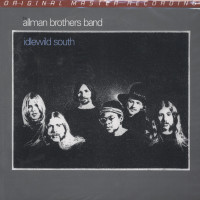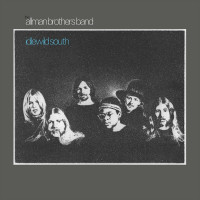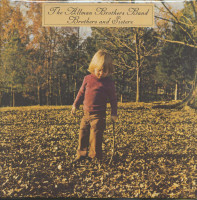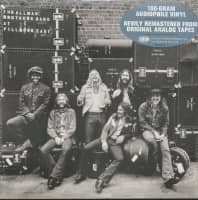The Allman Brothers Band Bear's Sonic Journals - Fillmore East February 1970 (3-CD, Deluxe Edition)

* incl. VAT / plus shipping costsDepending on the country of delivery, the VAT at checkout may vary.
only 1x still available
Ready to ship today,
delivery time** appr. 1-3 workdays
- catalog number:CDABBR0011
- weight in Kg 0.3
The Allman Brothers Band: Bear's Sonic Journals - Fillmore East February 1970 (3-CD, Deluxe Edition)
Reissue of rare early live recordings from the 1970 Fillmore East with extended sets.
The Allman Brothers Band was on the verge of superstardom in 1970. They had only been together for 11 months when promoter Bill Graham, who had booked them in San Francisco and New York, invited them back to the Fillmore East for a triple bill with the Grateful Dead and Love. And lucky for us, the Dead's sound man, Owsley "Bear" Stanley, had his tapes with him. Now the seven-song original compilation is being re-released with two additional CDs containing all the mastered but unedited source material. Previously only available directly from the Owsley Stanley Foundation, this deluxe version lets you listen to the band rock on until Bear runs out of tape. It will be available on all platforms on June 18 (Orchard Distribution).
Titled Bear's Sonic Journals: Allman Brothers Band Fillmore East February 1970 Deluxe Edition, the sonically restored and mastered recordings of the Allman Brothers Band performances at the Fillmore East in New York City on February 11, 13 and 14, 1970 were recorded by Bear, who is known for the purity of his "sonic journal" recordings. The performances include the three earliest known live concert recordings of Dickey Betts' monstrous instrumental number "In Memory of Elizabeth Reed."
Freshly transferred and mastered from the original tapes in Owsley Stanley's archives, this release features a sonic restoration, new album art and liner notes, including a series of rare band photos from the Fillmore East in February 1970, original cover artwork ("Electric Mushroom"), and notes from the Allman Brothers Band and the Owsley Stanley Foundation.
Although the Allman Brothers Band had only one studio album under its belt by early 1970, word had already spread about their reputation for incendiary and improvisational marathon live shows. In his liner notes, John Lynskey, ABB connoisseur and chief archivist of the Big House Museum, aptly describes the Allman Brothers Band's music as "a crazy blend of rock, jazz and R&B that created a dynamic, groundbreaking sound."
Presented by the Owsley Stanley Foundation and the band - DUANE ALLMAN, GREGG ALLMAN, DICKEY BETTS, BERRY OAKLEY, JAIMOE aka J. JOHANNY JOHNSON and BUTCH TRUCKS - Bear's Sonic Journals captured the emerging group; just a year later, they returned to the Fillmore to record At Fillmore East, which is always included in discussions of the best live rock albums of all time.
Article properties:The Allman Brothers Band: Bear's Sonic Journals - Fillmore East February 1970 (3-CD, Deluxe Edition)
Interpret: The Allman Brothers Band
Album titlle: Bear's Sonic Journals - Fillmore East February 1970 (3-CD, Deluxe Edition)
Genre Rock
- Edition 2 Deluxe Edition
Label ALLMAN BROTHERS BAND
Artikelart CD
EAN: 0821229000011
- weight in Kg 0.3
| Allman Brothers Band, The - Bear's Sonic Journals - Fillmore East February 1970 (3-CD, Deluxe Edition) CD 1 | ||||
|---|---|---|---|---|
| 01 | In Memory Of Elizabeth Reed | Feb. 14, 1970 | ||
| 02 | Hoochie Coochie Man | Feb. 14, 1970 | ||
| 03 | Statesboro Blues | Feb. 11, 1970 | ||
| 04 | Trouble No More | Feb. 11, 1970 | ||
| 05 | Outskirts Of Town | Feb. 13 & 14, 1970 | ||
| 06 | Whipping Post | Feb. 14, 1970 | ||
| 07 | Mountain Jam | Feb. 13 & 14, 1970 | ||
| Allman Brothers Band, The - Bear's Sonic Journals - Fillmore East February 1970 (3-CD, Deluxe Edition) CD 2 | ||||
|---|---|---|---|---|
| 01 | In Memory Of Elizabeth Reed | Feb. 11, 1970 | ||
| 02 | Statesboro Blues | Feb. 11, 1970 | ||
| 03 | Trouble No More | Feb. 11, 1970 | ||
| 04 | Hoochie Coochie Man | Feb. 11, 1970 | ||
| 05 | Mountain Jam | Feb. 11, 1970 | ||
| 06 | In Memory Of Elizabeth Reed | Feb. 13, 1970 | ||
| 07 | Outskirts Of Town | Feb. 13, 1970 | ||
| 08 | Mountain Jam | Feb. 13, 1970 | ||
| Allman Brothers Band, The - Bear's Sonic Journals - Fillmore East February 1970 (3-CD, Deluxe Edition) CD 3 | ||||
|---|---|---|---|---|
| 01 | In Memory Of Elizabeth Reed | Feb. 14, 1970 | ||
| 02 | Hoochie Coochie Man | Feb. 14, 1970 | ||
| 03 | Outskirts Of Town | Feb. 14, 1970 | ||
| 04 | Whipping Post | Feb. 14, 1970 | ||
| 05 | Mountain Jam | Feb. 14, 1970 | ||
Allman Brothers Band
Amerikanische Gruppe mit Blues- und Country-Western-Einflüssen. Wurde 1969 in Jacksonville (Florida) von den beiden Gitarristen und Brüdern Duane und Gregg Allman gegründet. Den Sound der Gruppe prägen 2 gleichberechtigte Gitarristen und Schlagzeuger. Berühmt wurde die Gruppe vor allem in Europa zunächst weniger wegen ihrer Musik, sondern mehr durch 2 tödliche Motorradunfälle.
Am 29.10.1971 war es Boß Duane Allman, der verunglückte, 1 Jahr später, fast an derselben Stelle, verunglückte Bassist Berry Oakley am 11.11. Gregg Allman formierte die Gruppe mit Gitarrist Dickie Betts, Pianist Chuck Leavell, Schlagzeuger Jai Johanny Johanson und Butch Trucks und dem Bassisten Lamarr Wil|iams neu.
1973 gelang den Allman Brothers weltweit der Durchbruch mit dem Hit „Ramblin' Man'. Seitdem wirkt die Gruppe auch musikalisch sanfter. Boss Gregg Allman machte im Sommer 1975 spektakuläre Schlagzeilen durch 'seine Hochzeit mit Cher (vom Duo Sonny Er Cher) und die nach einer Woche folgende Trennung. Gerüchte wollten von einer Trennung der Gruppe wissen, als die einzelnen Mitglieder Solo-LPs veröffentlichten. Neueste LP: „Brothers and Sisters', von Gregg Allman: „Laid Back', Dickie Betts: „Highway Call'.
Original Presse-Info: WEA Music GmbH
Allman Brothers Band
Ramblin' Man
 For the first Allman Brothers Band LP without Duane, guitarist Dickey Betts offered up Ramblin' Man, a song he hoped to pitch in Nashville. Talking to the 'Wall Street Journal,'he said, "In 1969, I was playing guitar in several rock bands that toured central Florida. Whenever I'd have trouble finding a place to stay, my friend Kenny Harwick would let me crash at his garage apartment for a few days in Sarasota. Kenny was a friendly, hayseed-cowboy kind of guy who built fences and liked to answer his own questions before you had a chance. One day he asked me how I was doing and said, 'I bet you're just tryin' to make a livin' and doin' the best you can.' I liked how that sounded and carried the line around in my head for about three years. Then one day in 1972, I was sitting in the kitchen of what we called the Big House in Macon, where everyone in the band lived - and decided to finish the lyrics. The words came fast, like I was writing a letter. When [producer] Johnny Sandlin asked if I had any songs for our upcoming album, I ran down 'Ramblin' Man' on my acoustic guitar. Everyone in the room went nuts. My inspiration was Hank Williams's 'Ramblin' Man, ' from 1951. His song and mine are completely different but I liked his mournful, minor-chord feel. Except for Kenny's line, the rest of the lyrics were autobiographical. When I was a kid, my dad was in construction and used to move the family back and forth between central Florida's east and west coasts. I'd go to one school for a year and then the other the next. I had two sets of friends and spent a lot of time in the back of a Greyhound bus. Ramblin' was in my blood But the song, as I originally wrote it, had a country flavor and needed to be Allmanized - given that rock-blues feeling. I thought of Eric Clapton's 'Layla' - which had come out a year earlier - with its long jam at the end. I figured something like that might work. When we went into Capricorn Sound Studios in October '72, 'Ramblin' Man' was the first song we recorded - and it would be [bassist] Berry Oakley's last song before he died in a motorcycle crash a month later. I knew it needed a solid intro to grab the listener. My daddy had been a fiddler and I heard a lot of fiddle music as a child. I had a ukulele and had played along with him. What I came up with for the intro was a fiddle-like opener built on a pentatonic scale - but with me on guitar and Chuck [Leavell] on piano exchanging lines."
For the first Allman Brothers Band LP without Duane, guitarist Dickey Betts offered up Ramblin' Man, a song he hoped to pitch in Nashville. Talking to the 'Wall Street Journal,'he said, "In 1969, I was playing guitar in several rock bands that toured central Florida. Whenever I'd have trouble finding a place to stay, my friend Kenny Harwick would let me crash at his garage apartment for a few days in Sarasota. Kenny was a friendly, hayseed-cowboy kind of guy who built fences and liked to answer his own questions before you had a chance. One day he asked me how I was doing and said, 'I bet you're just tryin' to make a livin' and doin' the best you can.' I liked how that sounded and carried the line around in my head for about three years. Then one day in 1972, I was sitting in the kitchen of what we called the Big House in Macon, where everyone in the band lived - and decided to finish the lyrics. The words came fast, like I was writing a letter. When [producer] Johnny Sandlin asked if I had any songs for our upcoming album, I ran down 'Ramblin' Man' on my acoustic guitar. Everyone in the room went nuts. My inspiration was Hank Williams's 'Ramblin' Man, ' from 1951. His song and mine are completely different but I liked his mournful, minor-chord feel. Except for Kenny's line, the rest of the lyrics were autobiographical. When I was a kid, my dad was in construction and used to move the family back and forth between central Florida's east and west coasts. I'd go to one school for a year and then the other the next. I had two sets of friends and spent a lot of time in the back of a Greyhound bus. Ramblin' was in my blood But the song, as I originally wrote it, had a country flavor and needed to be Allmanized - given that rock-blues feeling. I thought of Eric Clapton's 'Layla' - which had come out a year earlier - with its long jam at the end. I figured something like that might work. When we went into Capricorn Sound Studios in October '72, 'Ramblin' Man' was the first song we recorded - and it would be [bassist] Berry Oakley's last song before he died in a motorcycle crash a month later. I knew it needed a solid intro to grab the listener. My daddy had been a fiddler and I heard a lot of fiddle music as a child. I had a ukulele and had played along with him. What I came up with for the intro was a fiddle-like opener built on a pentatonic scale - but with me on guitar and Chuck [Leavell] on piano exchanging lines."
Budding guitar star Les Dudek was there when Ramblin' Manwas cut: "Dickey invited me to the studio. They'd record parts and listen back to hear how the song was developing. Dickey kept asking what I thought of his overdubs and I'd tell him. Finally he said to come out in the studio and play it with him. I played the high harmony parts and Dickey played the low ones. After we recorded the first set in the lower register, we overdubbed the same harmonies in the higher register. Then they stacked them all together on the tape. You hear us where the riff starts to repeat and there's a wall of guitars playing harmonies in two octaves."
The result was a #2 single, headlining a #1 album, definitively answering the question of what the Allman Brothers Band would do without Duane.
Various Truckers, Kickers, Cowboy Angels - The Blissed-Out Birth Of Country Rock, Vol. 6: 1973 (2-CD)
Read more at: https://www.bear-family.com/various-truckers-kickers-cowboy-angels-the-blissed-out-birth-of-country-rock-vol.-6-1973-2-cd.html
Copyright © Bear Family Records

only 1x still available
Ready to ship today, delivery time** appr. 1-3 workdays

Item has to be restocked

Item has to be restocked

Item has to be restocked

only 1x still available
Ready to ship today, delivery time** appr. 1-3 workdays

Ready to ship today, delivery time** appr. 1-3 workdays

Ready to ship today, delivery time** appr. 1-3 workdays
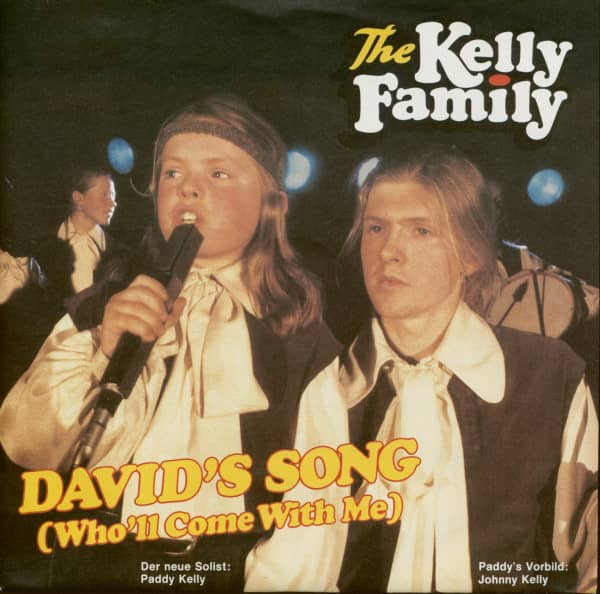
Ready to ship today, delivery time** appr. 1-3 workdays

Ready to ship today, delivery time** appr. 1-3 workdays
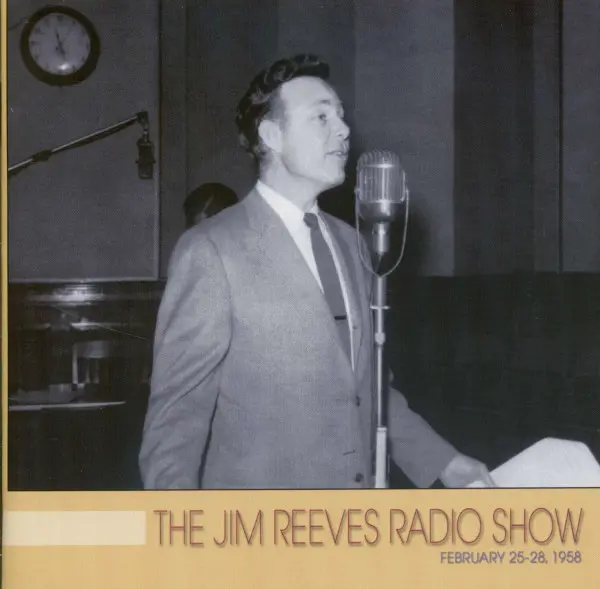
Ready to ship today, delivery time** appr. 1-3 workdays
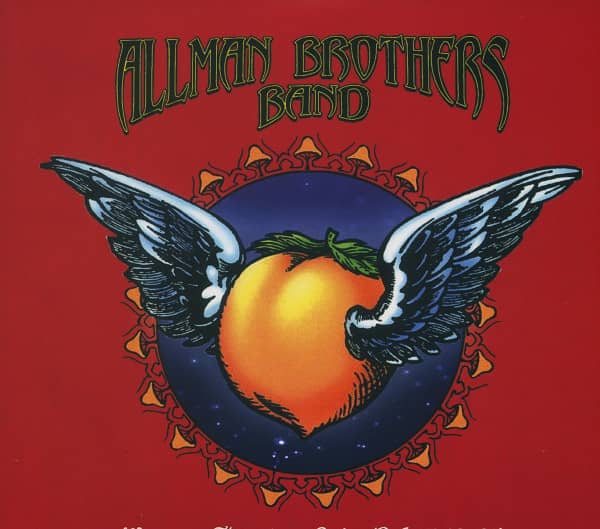
only 1x still available
Ready to ship today, delivery time** appr. 1-3 workdays

Item has to be restocked

Item has to be restocked
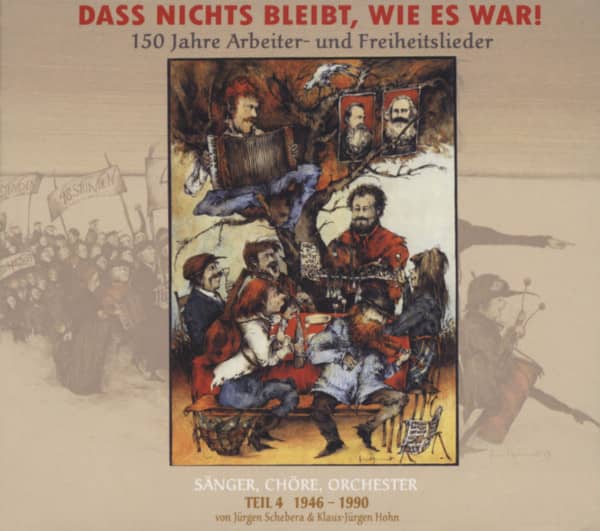
Ready to ship today, delivery time** appr. 1-3 workdays

Ready to ship today, delivery time** appr. 1-3 workdays

only 1x still available
Ready to ship today, delivery time** appr. 1-3 workdays

only 1x still available
Ready to ship today, delivery time** appr. 1-3 workdays

only 1x still available
Ready to ship today, delivery time** appr. 1-3 workdays

only 1x still available
Ready to ship today, delivery time** appr. 1-3 workdays





